COS News
News
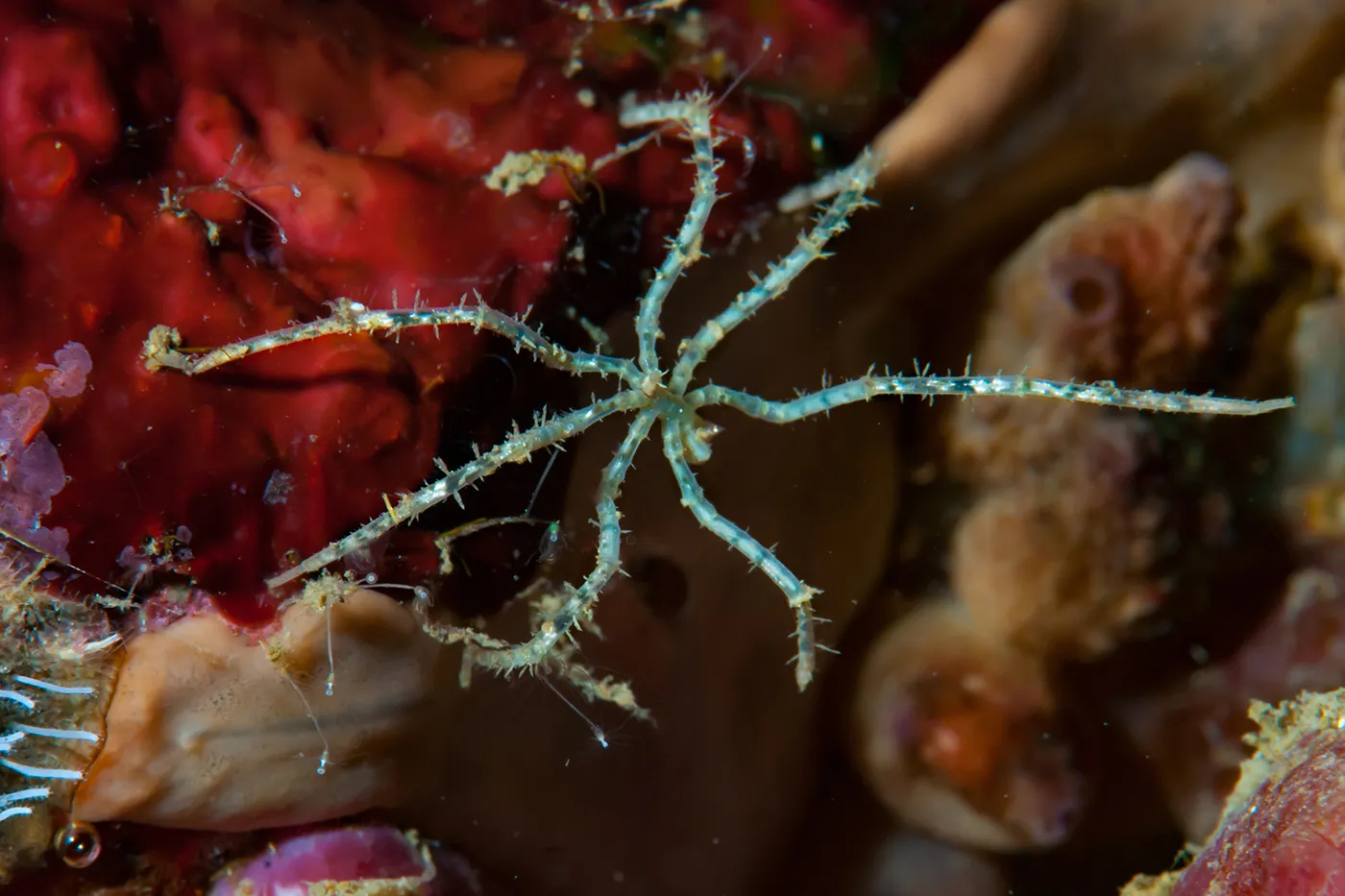
Connie Phong wants to know how an animal adapted to live in a highly specialized environment — just below the freezing point for seawater — responds to warming oceans.
How Northeastern scientists are using Antarctic sea spiders to study life on the edge
News

Fleury Augustin Nsole Biteghe has identified a way to target two of the deadliest cancer types with chemotherapy drugs but without the harms associated with chemotherapy.
Northeastern researcher uses light to target and kill cancer cells
Showing 200 results in Physics

Women could be at higher risk for long COVID according to new research
A team of medical professionals, clinicians, epidemiologists and political scientists recently published the results of a study that revealed new information about the prevalence of post-acute sequelae of SARS CoV-2 infection, otherwise known as “long COVID.”
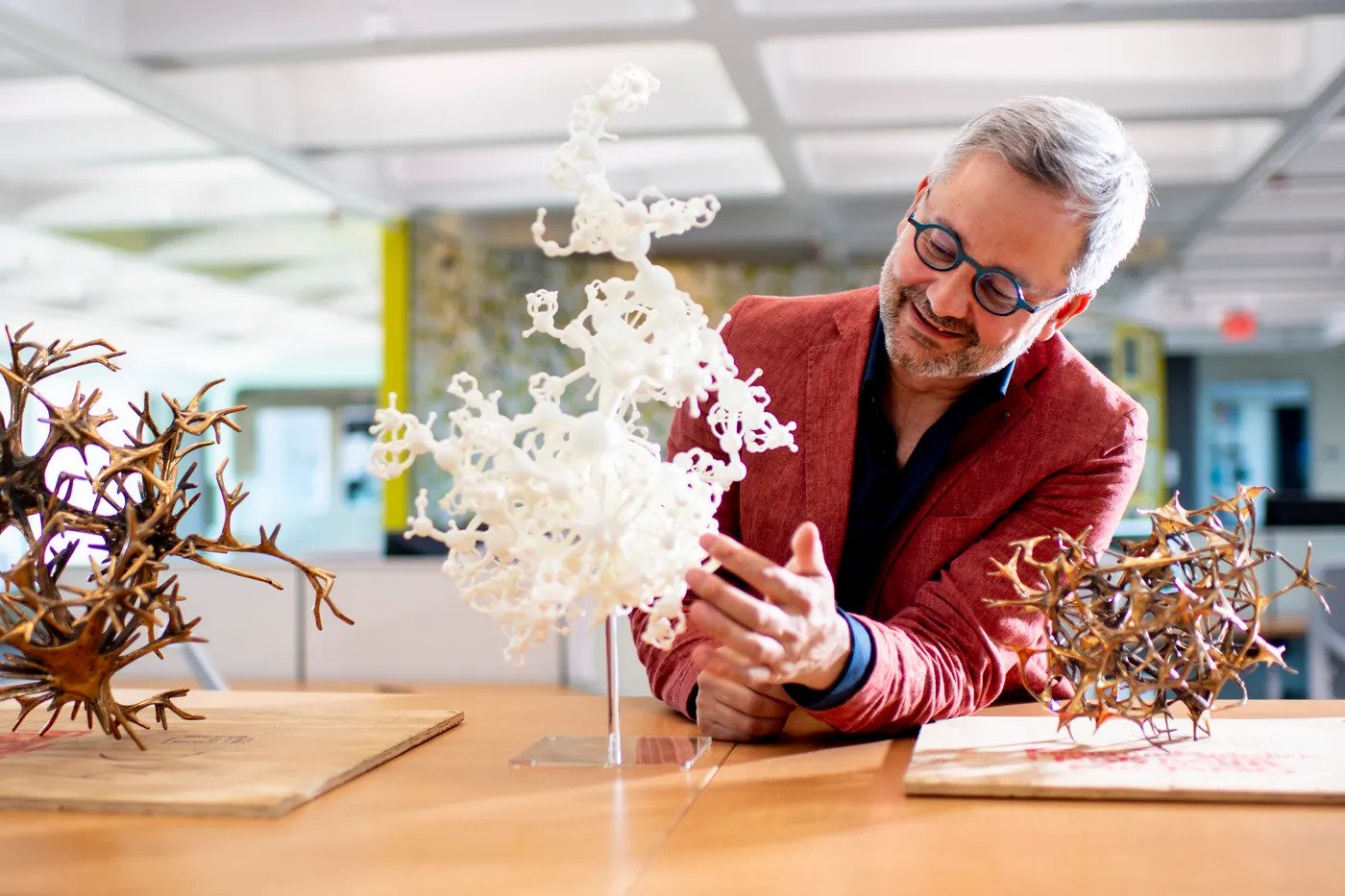
Northeastern’s Barabási receives prestigious prize from the American Physical Society
The American Physical Society selected Northeastern University professor Albert-László Barabási to receive the 2023 Julius Edgar Lilienfeld Prize for his innovative work on the statistical physics of networks.

How likely is a nuclear attack and how to prepare for it?
Professor Pran Nath comments on the intricacies of nuclear and tactical nuclear weapons.
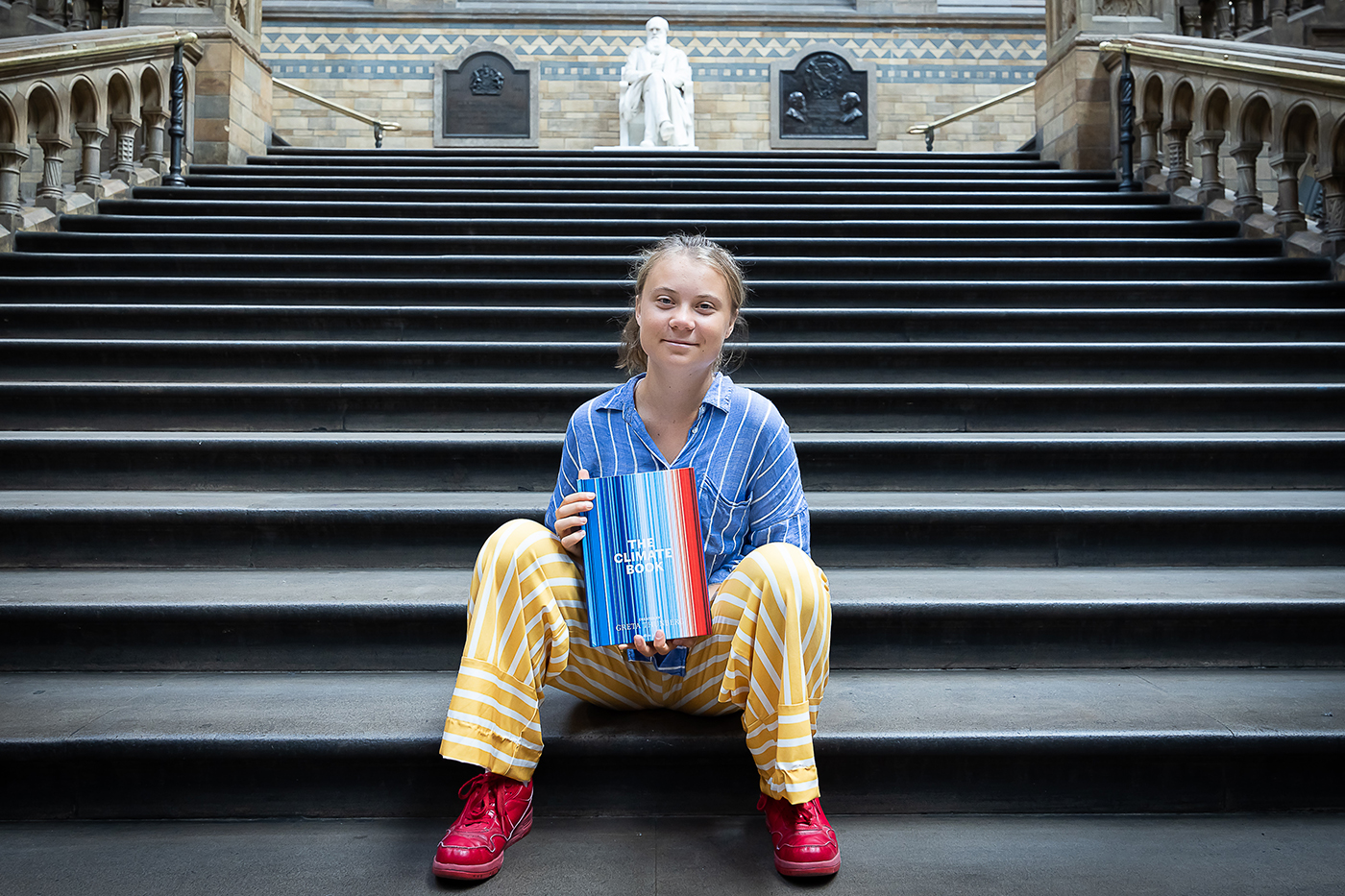
Two Northeastern professors to be featured in Greta Thunberg’s new book
Mauricio Santillana, professor of physics and network science and director of the Machine Intelligence Lab, Network Science Institute is featured in Greta Thunberg’s new book.
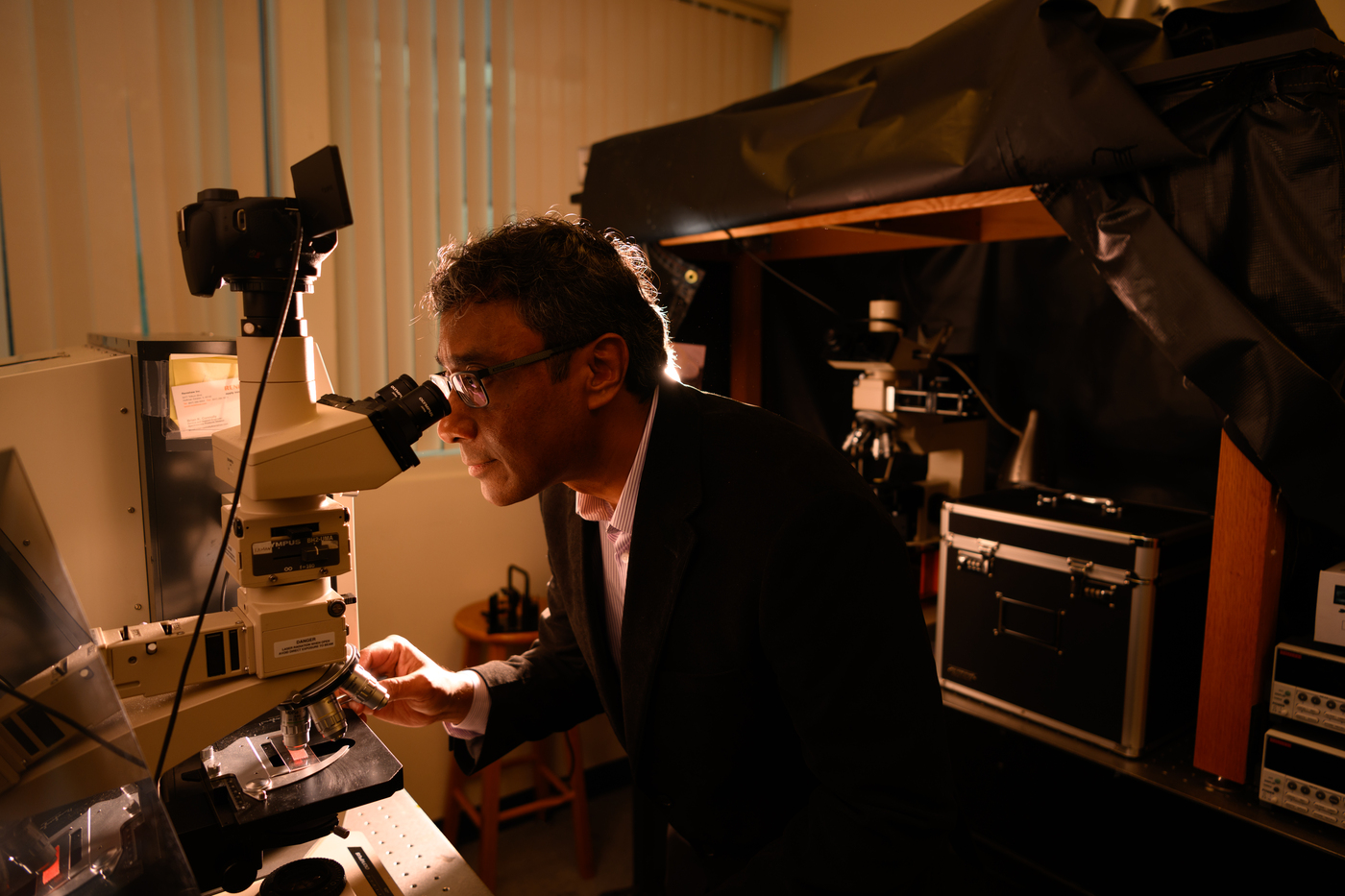
Machine vision breakthrough: This device can see ‘millions of colors’
An interdisciplinary team of researchers at Northeastern led by co-author Swastik Kar have built a device that can recognize “millions of colors” using new artificial intelligence techniques
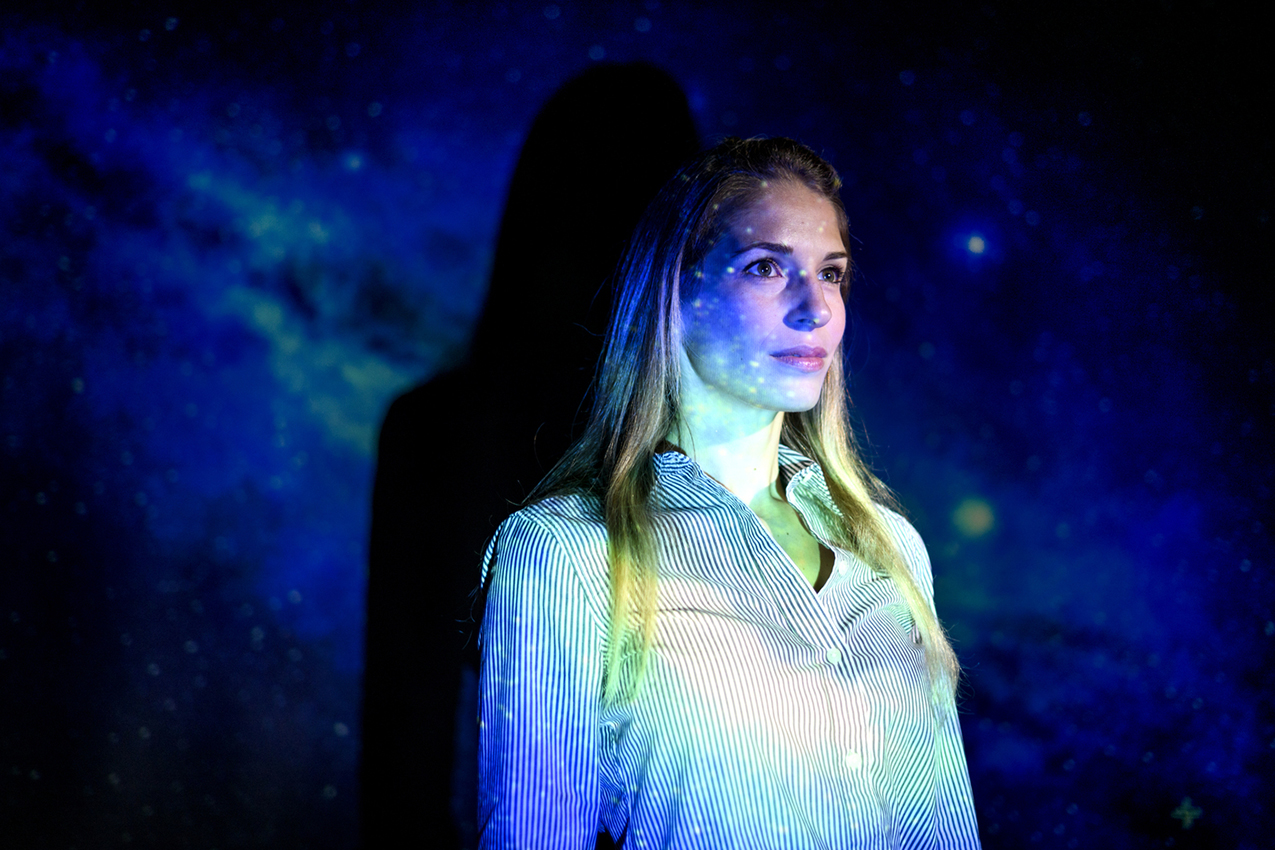
NASA successfully deflected an astroid. Northeastern physics professor explains how they did it
NASA scientists and engineers successfully crashed a spacecraft into an asteroid, altering the orbit of an object in space, with their Double Asteroid Redirection Test, or DART, mission.

Northeastern co-op fulfills childhood dream by working at NASA
After discovering the wonders of outer space in middle school, Mya Karinchak, a fourth year physics student, is finally seeing her passion take flight. She's currently co-oping at NASA's Goddard Space Flight Center, helping NASA analyze and gather data about how solar winds impact Mars.

How quantum physicists are looking for life on exoplanets
News@Northeastern spoke to Gregory Fiete, a physics professor at Northeastern, about some of the broad applications of quantum research.
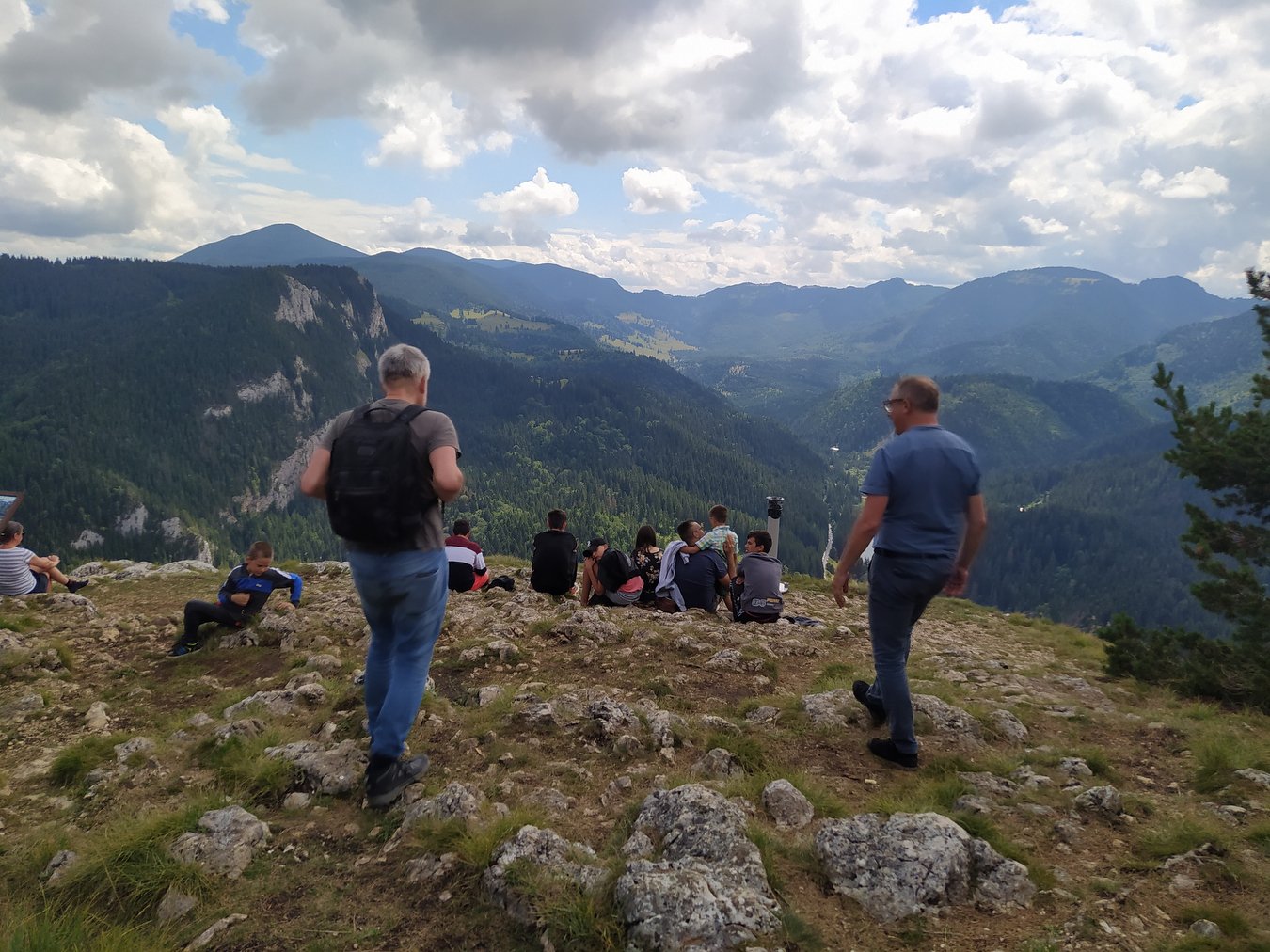
Northeastern professor and family lead camp for marginalized children in native Transylvania
Northeastern's Albert-László Barabási, professor of network science and physics, and his wife Janet Kelley, a literature and creative writing teacher at Brookline High School, led a week-long summer camp for marginalized and orphaned children in Transylvania, Romania.
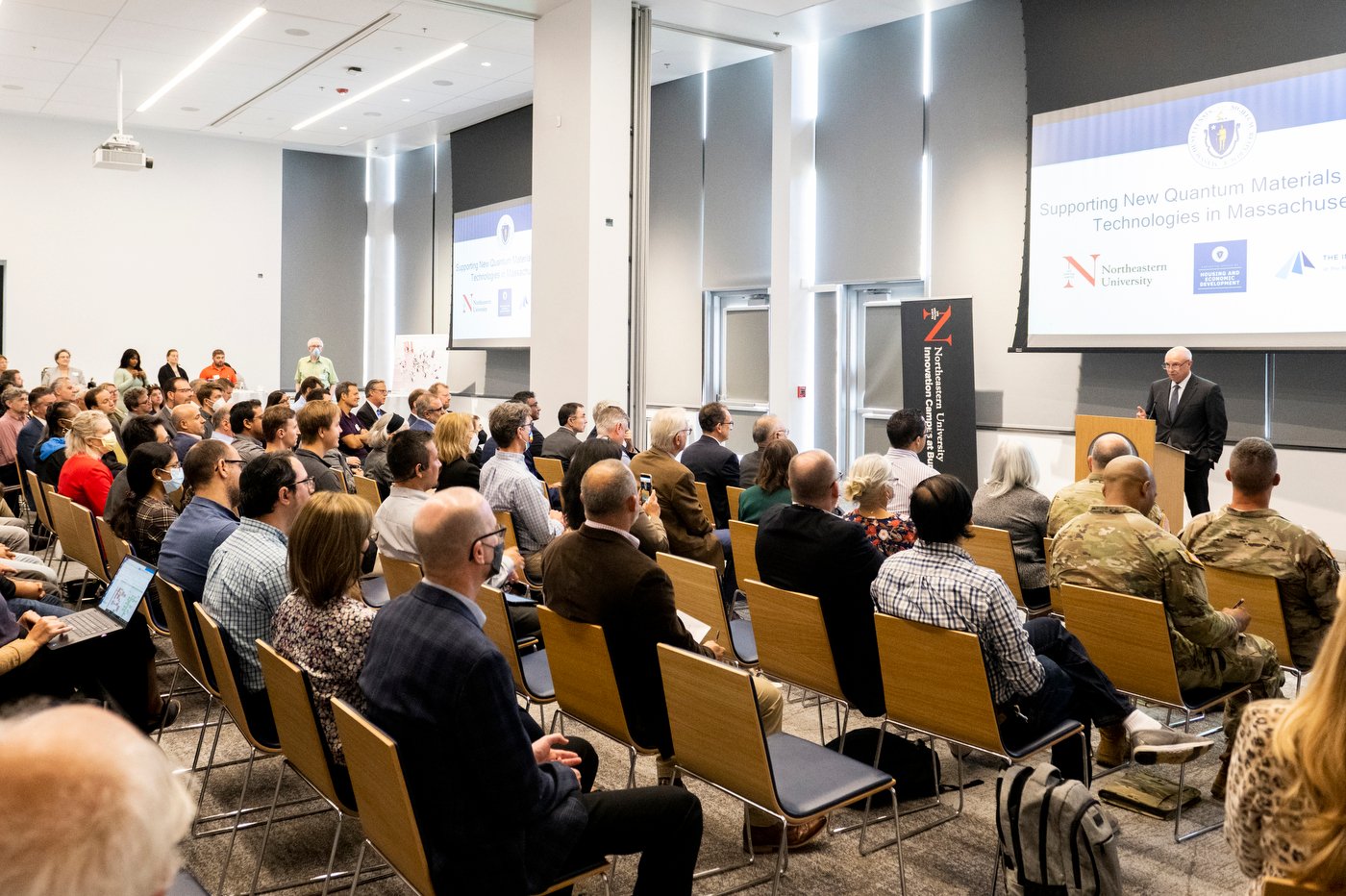
‘Star Trek is not that far away.’ Grant will help develop cutting-edge quantum technology on Burlington campus
A $3.5 million grant from the state of Massachusetts will help advance the field of quantum technology, create jobs and change our lives for the better.
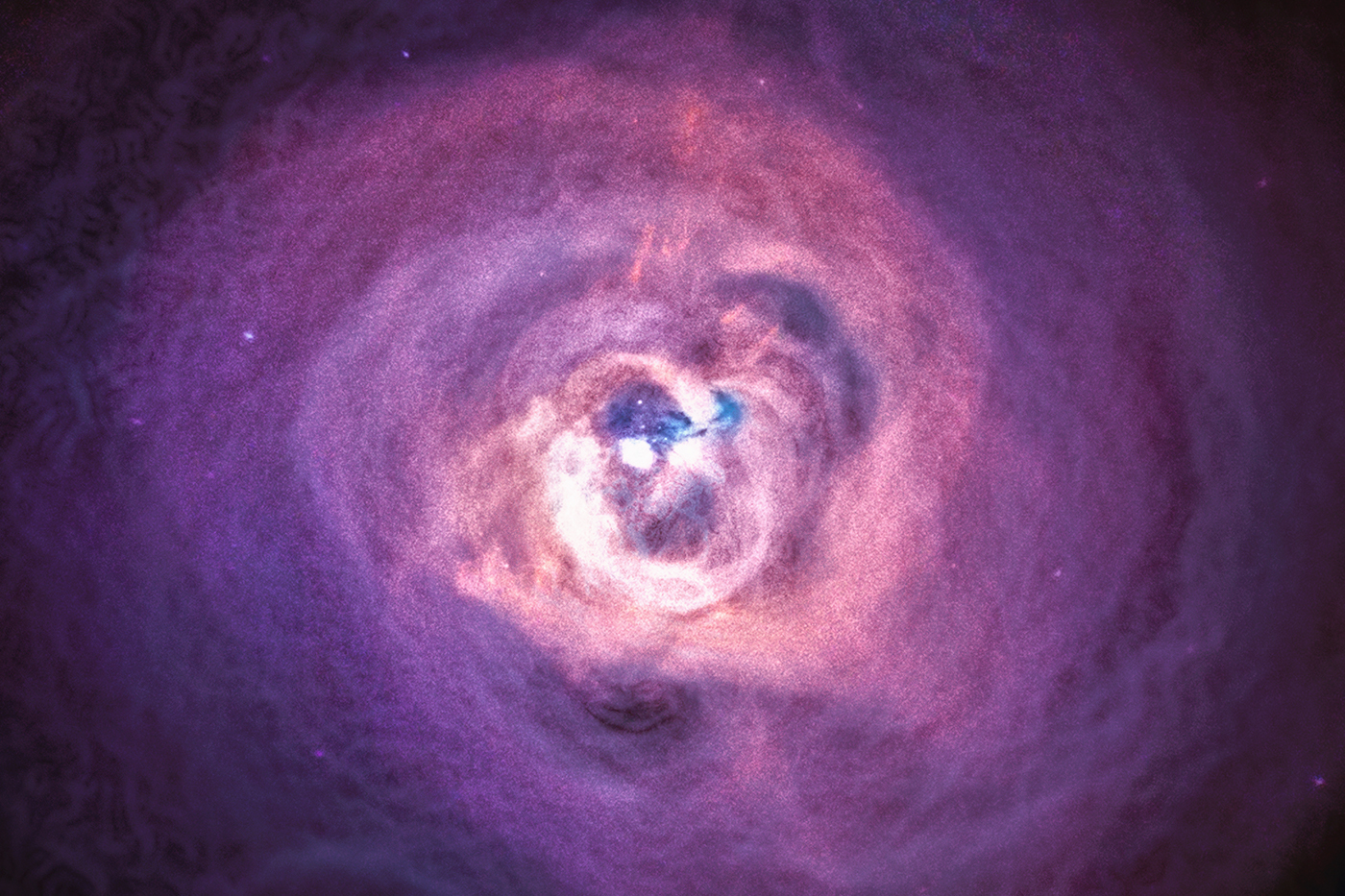
Why are people freaking out about the sound of a black hole?
A 34-second clip of the sound a black hole makes was released in May but picked up steam online this week. Northeastern assistant professor of physics Jonathan Blazek explains this fascinating viral video.
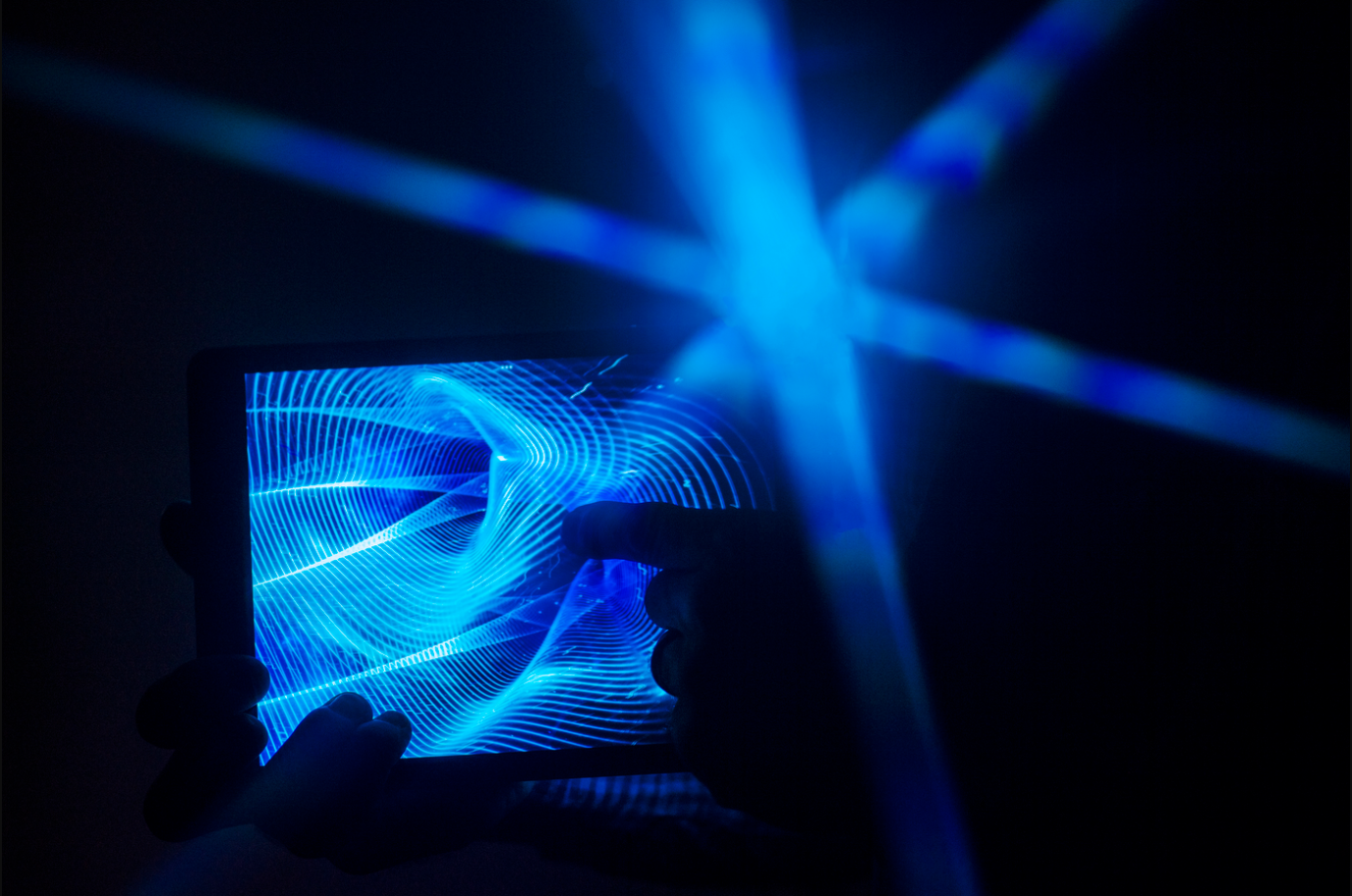
Researchers discover promising new catalysts for hydrogen fuel cells
Northeastern professors Sanjeev Mukerjee and Arun Bansil discuss their breakthrough research on catalysts for hydrogen fuel cells.